LA Film Festival: 'Skid Row Marathon' takes audience on remarkable trek with 'extraordinary' judge6/19/2017
Doc from Mark and Gabriele Hayes follows jurist who sees beyond law and order to the potential in people
Update: Skid Row Marathon wins two awards at LA Film Festival*
From one point of view Judge Craig Mitchell might be considered a walking contradiction. Or rather, a running one.
By day he presides over a criminal court for the County of Los Angeles. By morning -- early morning -- the black robe is traded for athletic gear as he runs the streets of downtown L.A. with a group of people for whom Skid Row is home. In one role he represents a system austere in its judgment of human beings. In the other he sees the infinite capacity of people for redemption and transformation. Many of them are apprehensive about me coming down to Skid Row at 5:30 in the morning. They worry about safety issues.
Judge Mitchell is at the heart of the new documentary Skid Row Marathon by Mark and Gabriele Hayes, which held its world premiere over the weekend at the Los Angeles Film Festival. The film covers rugged terrain -- from the Superior Court of L.A. County, to the Midnight Mission that shelters many of the city's destitute, and the urban pavement where members of the Skid Row Running Club log endless miles in preparation for the ultimate endurance test.
The filmmakers used to live in downtown L.A. and witnessed for themselves the harsh conditions of Skid Row, where tens of thousands of people occupy rudimentary camps. "We have seen this thing up close every day and never thought to do anything. Yet the judge sees the same thing and he came up with this idea to start a running club and to train anyone who is willing, anyone who would show up -- if they would stay clean, off of drugs, off of alcohol or whatever was keeping them from becoming productive members of society -- if they would do that he would train them to run marathons," Mark Hayes told Nonfictionfilm.com. "And if they stuck with the training he would then take them around the world to run marathons." Skid Row Marathon Trailer from Mark Hayes on Vimeo.
The film documents a handful of people who laced up running shoes to join the judge's club.
"We follow about five runners from all backgrounds -- a heavy metal guitarist, an aspiring artist, a woman who was homeless living on the street with her kid," Mark said. "Someone who is on parole for a serious crime, and a guy from Senegal who had an accounting degree. He was trying to operate a luggage business and living at the Mission. Sadly, he relapsed and he's back living on the street."
Judge Mitchell told us he views his work with Skid Row runners as a "wonderful counterbalance" to his day job. But it's not as if he abandons compassion the moment he ascends the bench.
"Very few of the individuals that I impose very lengthy prison terms upon lack observable redeemable qualities," Judge Mitchell maintained. "But our criminal justice system is structured in such a way that if you, for a very brief moment in your life, engage in certain conduct, then that can cause you to be confined for the rest of your life. I have never subscribed to the worldview that that's an adequate definition of who that person is."
Running club member Rafael Cabrera served almost 30 years in prison for a murder he committed as a young man. Without Judge Mitchell's intercession with the state parole board, it seems unlikely Cabrera would ever have been released.
"Many of us going through the penal system, we see that they [people in authority] become desensitized," Cabrera told us when we sat down with him and Judge Mitchell. "Sometimes they just see a case number. They just see a paycheck. Public defenders, some of them get paid just for a case load. But to see someone like him... He's an extraordinary person." Before Cabrera could go any further, the judge interrupted him, pushing the praise back onto his friend. "I have noticed Rafael has -- and had during his period of incarceration -- a tremendous number of people who recognized the goodness in him," Mitchell interjected. "There's a whole network of people that Rafael has established over the last 30 years that say, 'This is a remarkable person.' After 29 years, that is enough to satisfy his debt."
Mitchell's commitment to others predates his judgeship. For 17 years he taught high school in L.A.'s tough neighborhoods. In college -- according to an online biography -- he spent time on Indian reservations in North Dakota for a research project. As an undergraduate he also assisted the United Farm Workers.
For a time the black robes he considered donning were not those of a judge but of a Catholic priest. But, lest anyone marvel at his humanity, Mitchell preempts that idea. "Putting somebody on a pedestal, calling me extraordinary, I disagree. I look at Rafael, I look at so many people in our program, I aspire to emulate them," he insisted. "And I really am sincere about that... In terms of my own spiritual life I got so much from Rafael, from every letter that he wrote to me [from prison]. What distinguishes me from someone else, perhaps, is that I am willing to show up on Mondays and Thursdays and Saturdays [for the running club] -- that, I'm willing to do. That I am validating the worth of every human being that comes in contact with me, yes, I can think I can do that. But there's a lot of folks who fall into that category."
Skid Row Marathon shows Judge Mitchell using spare moments to raise the money needed to bring as many club members as possible to marathons around the world. The club has participated in races in Accra, Ghana, Rome, and Dnang, Vietnam. Next year the destination is Jerusalem.
The point is not to "see the world" per se, but to offer people inured to struggle a glimpse of what is possible when they set a goal and pursue it step by step by stride. "To successfully run a marathon you need to be dedicated to the proposition. You need to be willing to put in the work. You need to be willing to overcome disappointments and setbacks. And those three things alone define probably critical components of any process to achieve a worthwhile goal," the judge observed. "In terms of maintaining one's sobriety, there are going to be times when you say, 'I want that drug. I want that drink of alcohol.' To get an advanced degree, to get through high school even, you say to yourself, 'I don't want to study for that test. I want to blow off that class.' I'm not big into sports analogies, but much of what enables a person to successfully complete a marathon are the same life skills, character traits, that will get you in a position to achieve goals across your life experience."
The filmmakers captured moments that show the transformational impact of participating in the club.
"My favorite moment from the film is in Rome when Rebecca basically breaks down crossing the finishing line," recalled Gabriele Hayes. "She said, 'If I can finish a marathon I can achieve big things in life.'" Rebecca -- who once struggled with addiction and endured homelessness with her young son -- achieved her goal of becoming a surgical assistant in Seattle. Audiences may find there are many lessons to be derived from Skid Row Marathon. Mark Hayes described one of them: "Don't buy into the stereotypes that you're being sold on a daily basis that people who are on Skid Row have no potential or are not worthy of time and attention. They are. And when given a second chance many of them succeed beyond your wildest expectations."
*Update: Skid Row Marathon took home the audience award from the LA Film Festival. It also won the LA Muse award for documentary, presented to a film judged to be "quintessentially Los Angeles." More details here.
|
AuthorMatthew Carey is a documentary filmmaker and journalist. His work has appeared on Deadline.com, CNN, CNN.com, TheWrap.com, NBCNews.com and in Documentary magazine. |
- Home
- News
- Videos
-
Galleries
- 2019 Tribeca Film Festival
- Full Frame Documentary Film Festival
- 2019 SXSW Film Festival
- SXSW 2018 Gallery
- 2019 Sundance Film Festival
- Outfest 2018 Photo Gallery
- Outfest 2017
- Sundance 2018 Photos
- 2017 LA Film Festival
- 2017 Cannes Film Festival
- Tribeca Film Festival 2017
- SXSW 2017 Gallery
- 2017 Berlin Film Festival
- Sundance 2017 Gallery
- 2016 Los Angeles Film Festival
- Cannes Film Festival 2016
- SXSW 2016 Gallery
- Berlinale 2016 Gallery
- Sundance 2016 Gallery
- Filmmaker Gallery
- About
- Contact
Proudly powered by Weebly
- Home
- News
- Videos
-
Galleries
- 2019 Tribeca Film Festival
- Full Frame Documentary Film Festival
- 2019 SXSW Film Festival
- SXSW 2018 Gallery
- 2019 Sundance Film Festival
- Outfest 2018 Photo Gallery
- Outfest 2017
- Sundance 2018 Photos
- 2017 LA Film Festival
- 2017 Cannes Film Festival
- Tribeca Film Festival 2017
- SXSW 2017 Gallery
- 2017 Berlin Film Festival
- Sundance 2017 Gallery
- 2016 Los Angeles Film Festival
- Cannes Film Festival 2016
- SXSW 2016 Gallery
- Berlinale 2016 Gallery
- Sundance 2016 Gallery
- Filmmaker Gallery
- About
- Contact

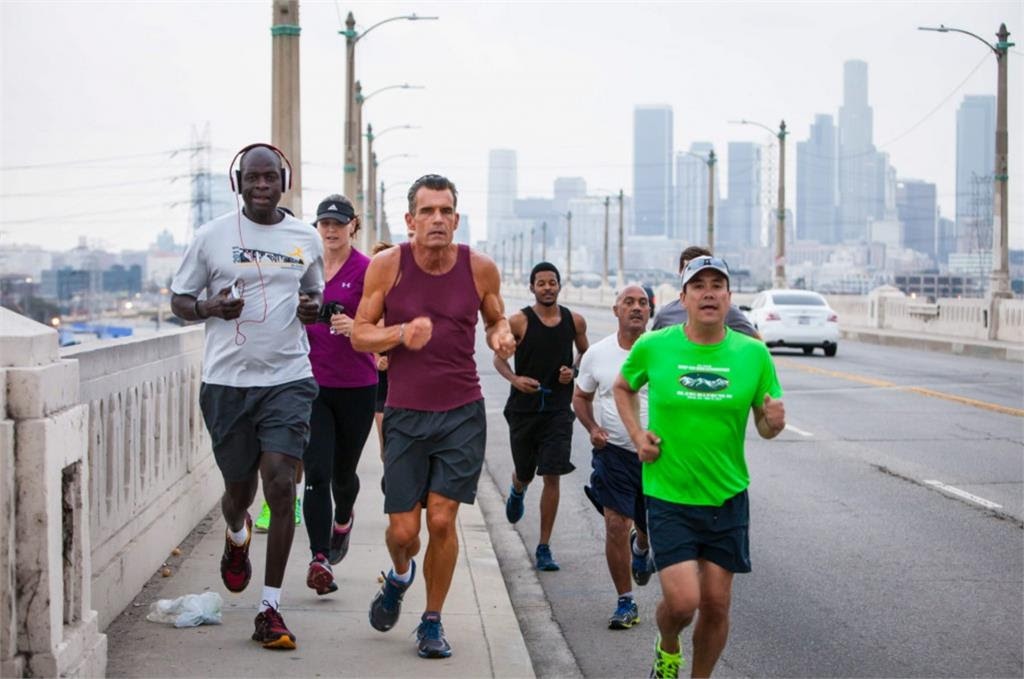
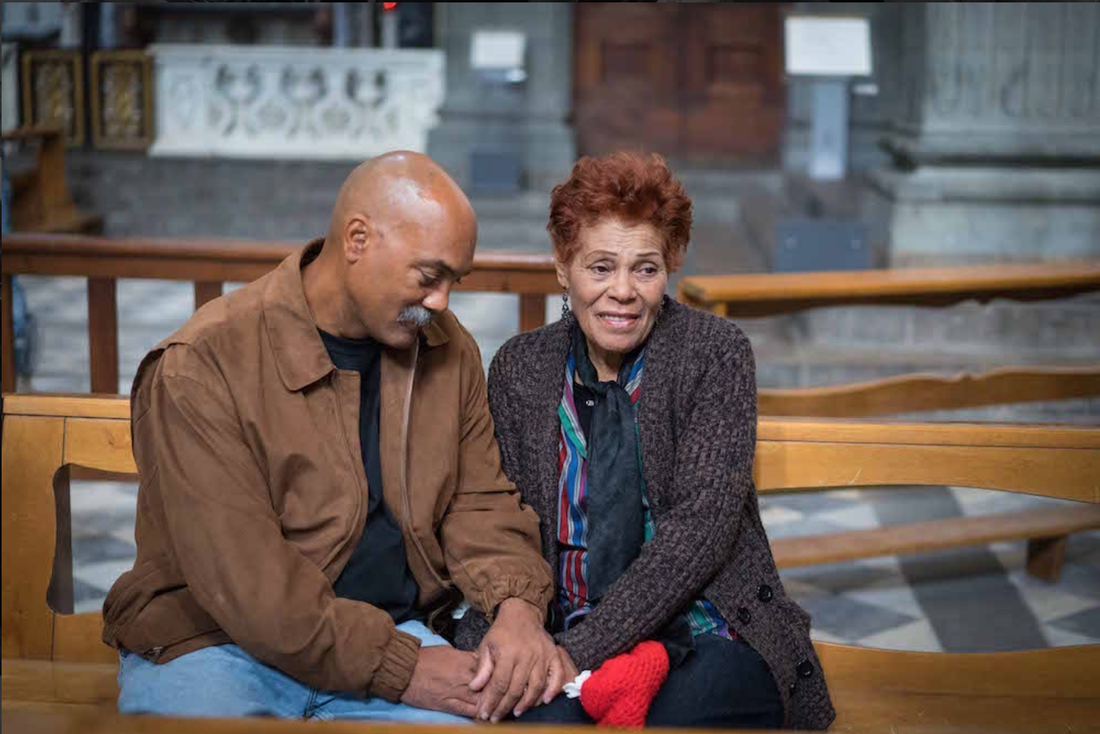
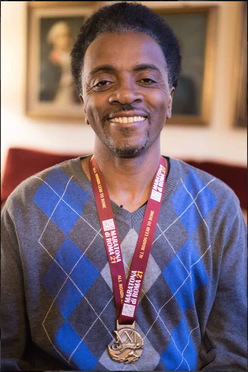
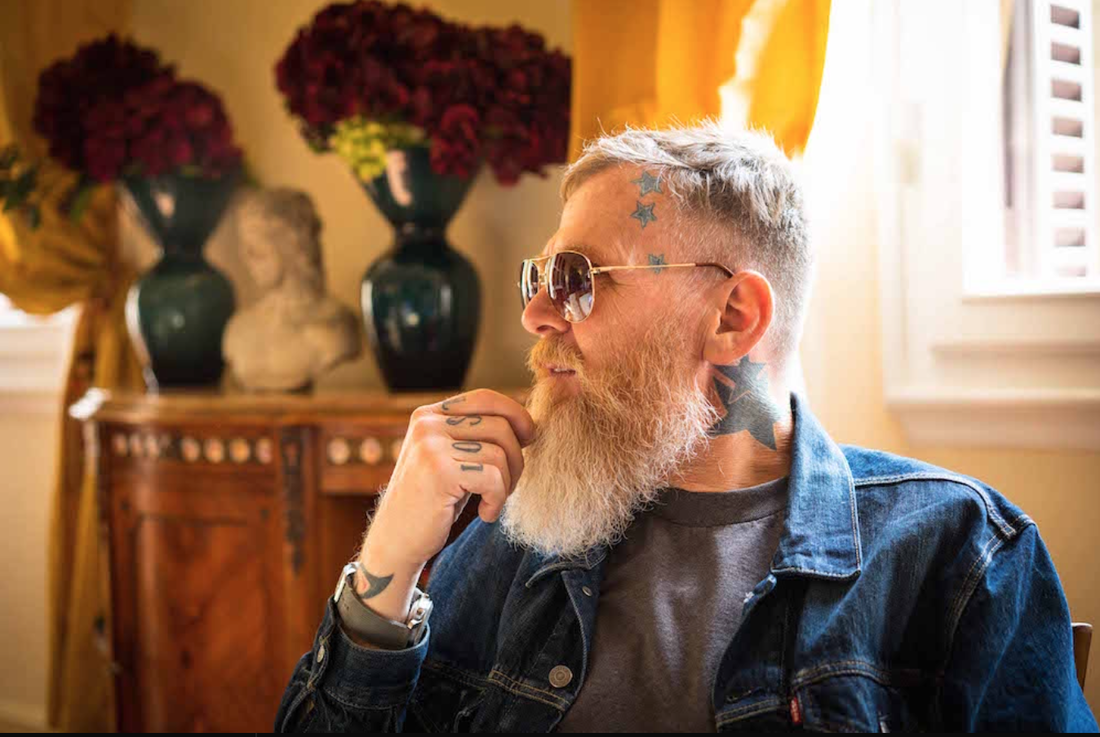
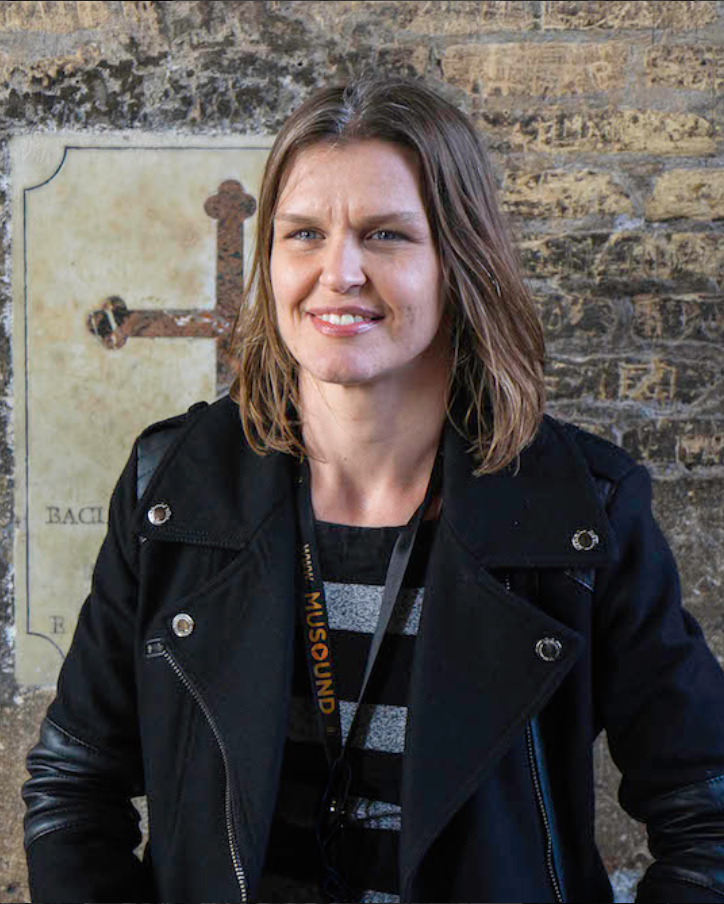
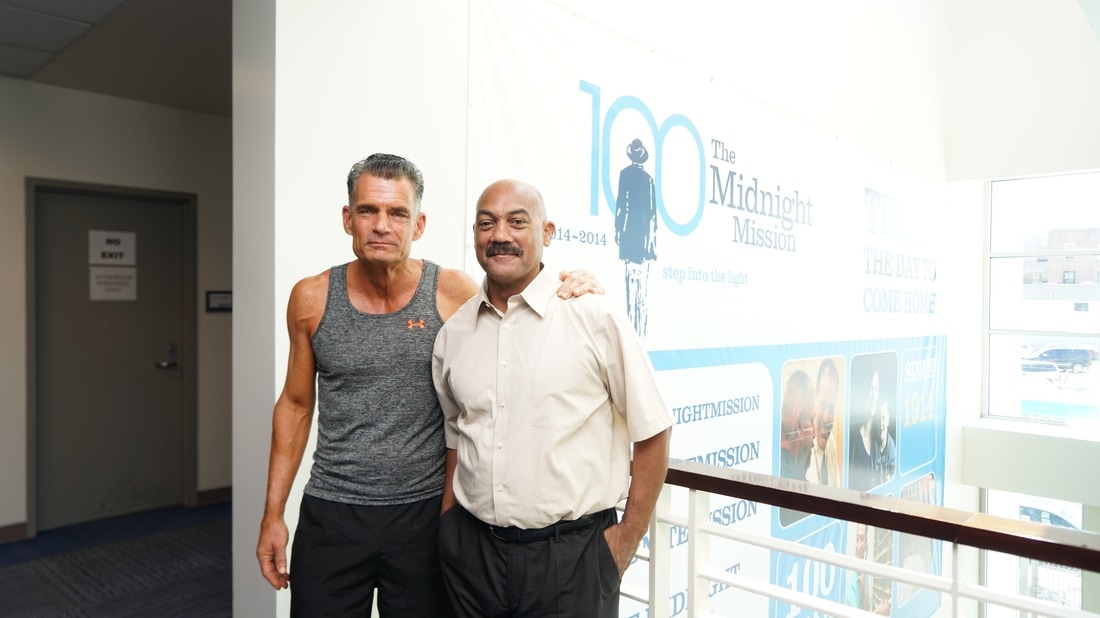
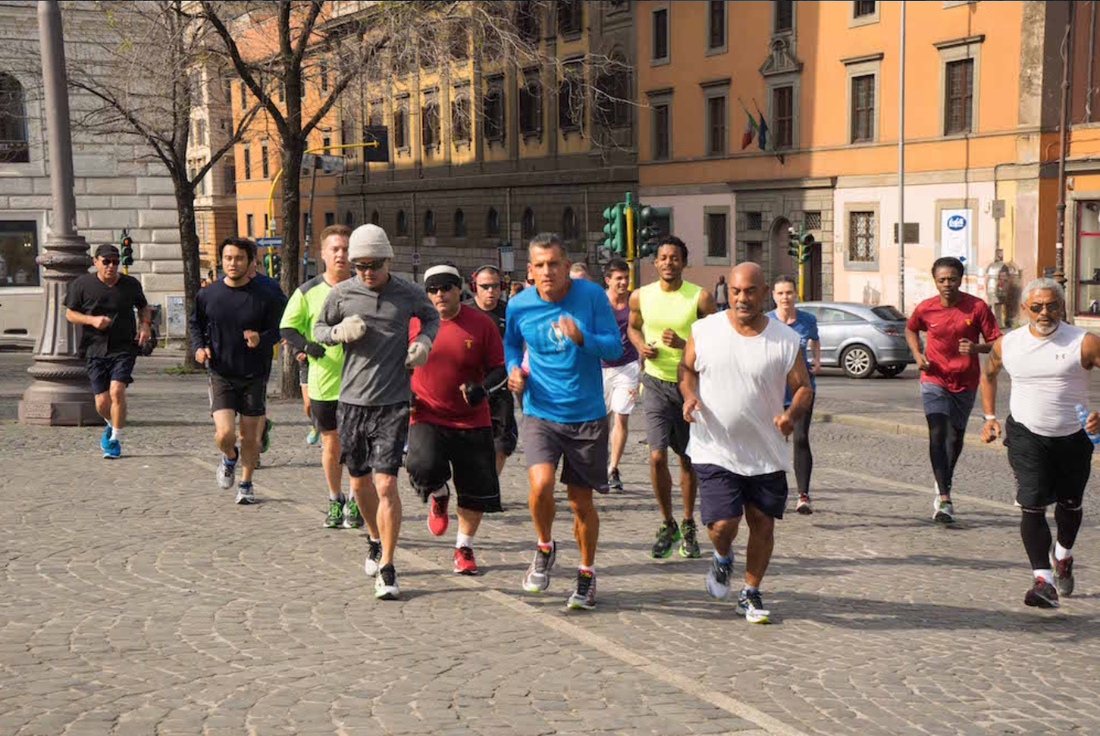

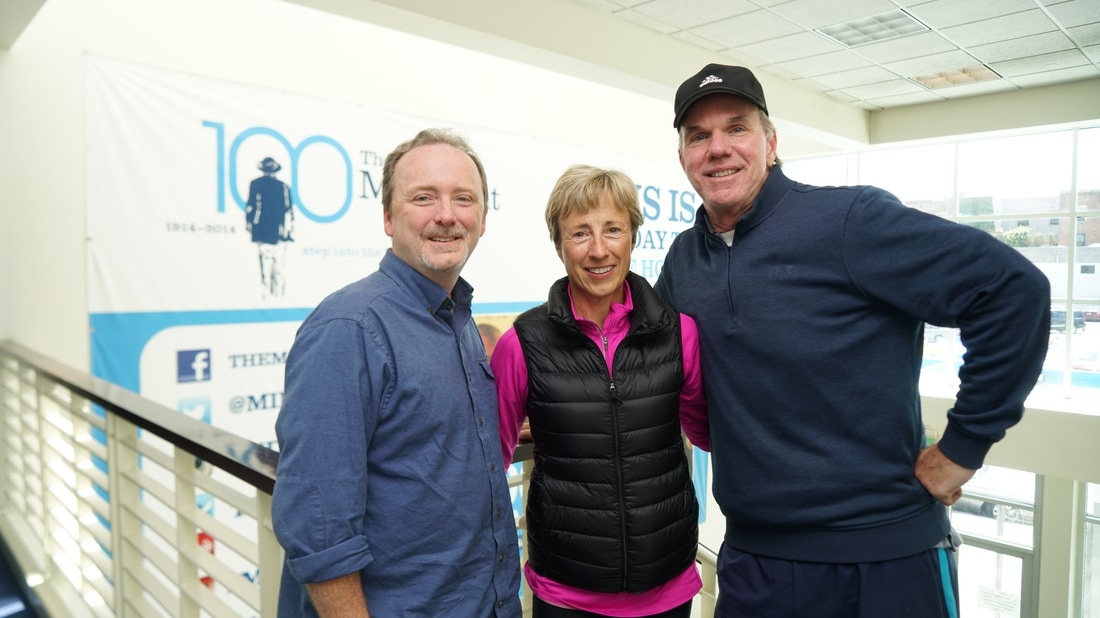
 RSS Feed
RSS Feed